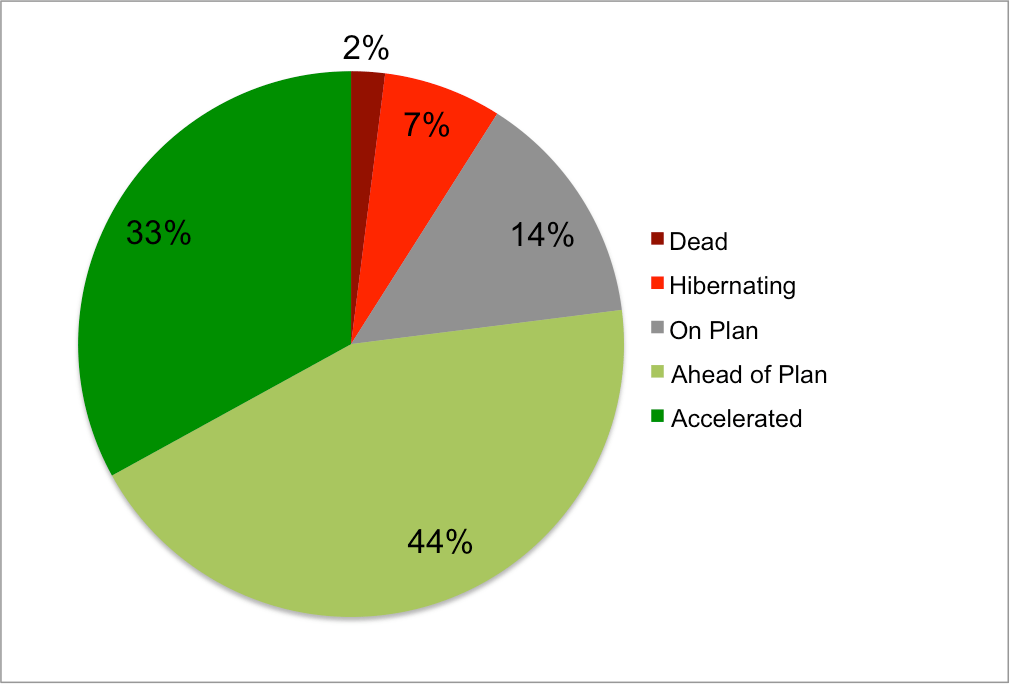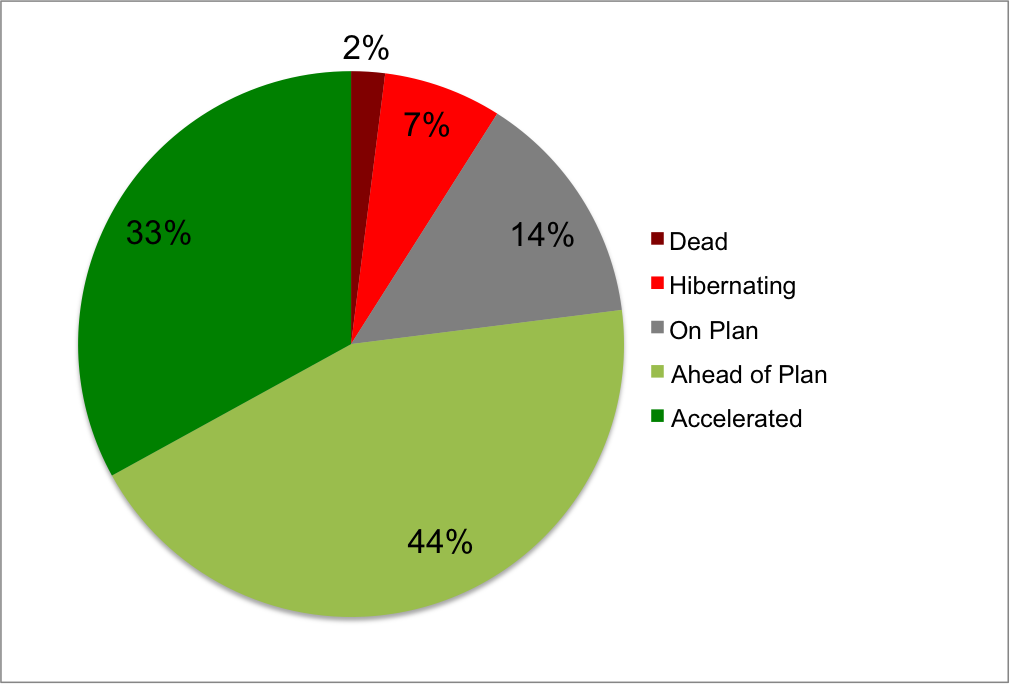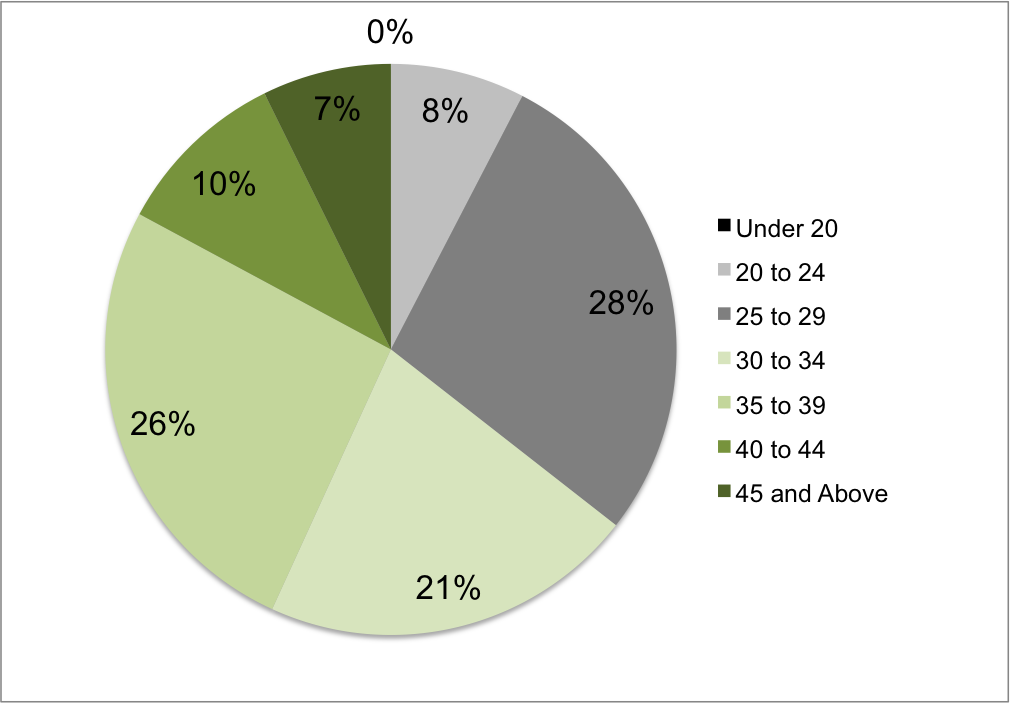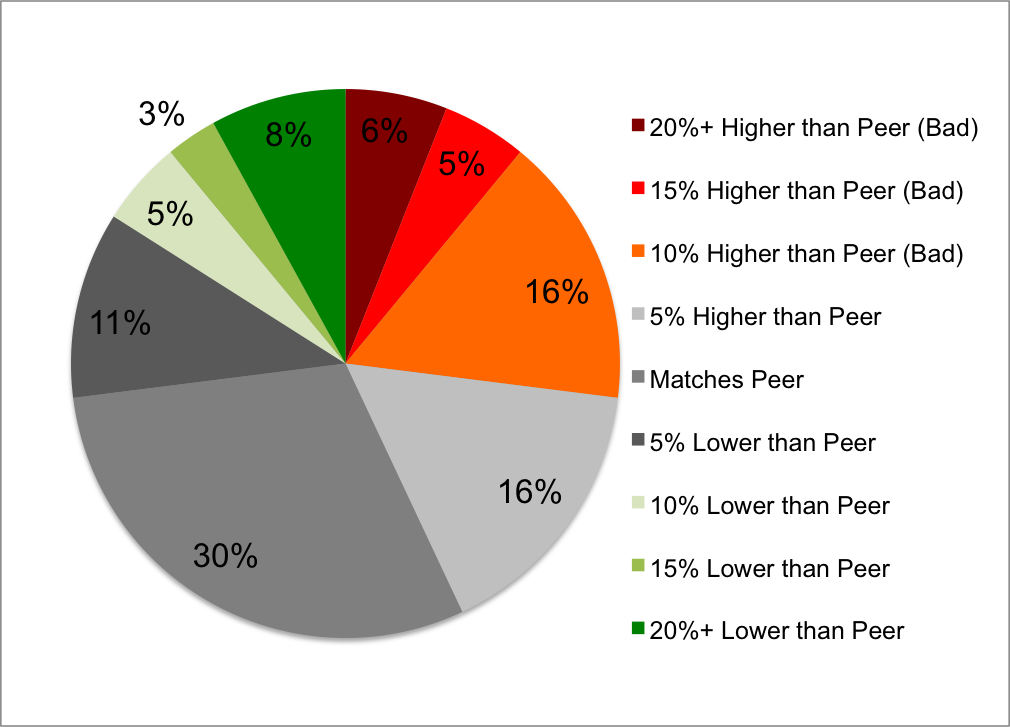 Editor’s note: Adeo Ressi, is the founder of The Founder Institute and TheFunded.com In this guest post he argues against ageism when it comes to to entrepreneurs. Ressi is 39.
Editor’s note: Adeo Ressi, is the founder of The Founder Institute and TheFunded.com In this guest post he argues against ageism when it comes to to entrepreneurs. Ressi is 39.
The recent articles proclaiming that 25 is the peak age for entrepreneurship deserve a considered and factual response. The demographic and racial profiling that has plagued venture capital and tech entrepreneurship has a new friend—ageism. This has to stop.
Anecdotal Evidence:
It does not take but one minute to look around the world and prove any thesis of a peak tech founder age incorrect. There are countless entrepreneurs over the age of 30, including Reid Hoffman (age 35 in 2002), Evan Williams of Twitter (age 35 in 2007), Mark Pincus of Zynga (age 41 in 2007), Arianna Huffington of the Huffington Post (age 54 in 2005), among many others.
A commonly held belief is that younger founders appear to inspire waves of innovation, like in the mid-1990s and even today with Facebook, while older entrepreneurs launch sustainable businesses. The reality is more complicated. There are older inventors and entrepreneurs, like Dean Kamen (age 60) or Elon Musk of SpaceX (age 39), who continue to create revolutionary products; and there are, of course, thousands of young entrepreneurs pursuing “me too” businesses.
Anecdotal data is at best inconclusive. I launched my first internet business at the age of 22 in 1994, and through naive optimism and blind luck, it eventually became worth over $600 million. My direct impact on the value creation was relatively low. In fact, many of the revolutionary internet businesses started in the mid-1990’s were founded by 20-somethings with blind optimism. However, the majority of the sustainable businesses created in the 90’s were founded or run by older entrepreneurs.
In some cases, older entrepreneurs paired up with the younger founders, like Google (Larry Page and Sergey Brin were both age 25 in 1998, and Eric Schmidt was age 46 in 2001). In other cases, more successful clones were launched by older entrepreneurs, like Amazon (Jeff Bezos was age 30 in 1994). And, many young founders were pushed out or sidelined for more seasoned leaders, like with PayPal (Peter Thiel took over from younger founders when he was age 31 in 1998).
Anecdotal evidence, personal stories, and biased sample sets are not the best way to draw meaningful conclusions, so let’s look at some facts.
Factual Data:
In order to identify the traits of successful entrepreneurs, the Founder Institute has conducted a battery of proprietary personality and aptitude tests on over 3,000 applicants worldwide, and then carefully tracked the progress of our nearly 1,000 enrolled founders and 350 graduates. Research scientists employed by the Institute have examined the results of the successful founders and the less successful cases, looking at high-level traits and even examining test results on a question by question basis.
The research shows that an older age is actually a better predictor of entrepreneurial success, and that three other traits also correlate strongly to success: strong fluid intelligence, high openness, and moderate agreeableness. Let’s dive in deeper on the four key traits of entrepreneurial success:
- Older age has shown in the data to correlate with more successful entrepreneurs up to the age of 40, after which it has limited or no impact. Our take: Older individuals have generally completed more complex projects—from buying a house to raising a family. In addition, older people have developed greater vocational skills than their younger counterparts in many, but not all, cases. We theorize that the combination of successful project completion skills with real world experience helps older entrepreneurs identify and address more realistic business opportunities.
- Fluid intelligence is a largely genetic trait that measures one’s ability to quickly learn a rule set and apply the learned logic to solve problems. It can also be referred to as abstract thinking, and fluid intelligence declines with age. Our take: Entrepreneurs are constantly faced with new problems that need to be understood and solved within minutes—from sudden resignations to service outages. It makes sense that they require fluid intelligence to succeed.
- Openness is a Big Five personality trait that measures one’s ability to see and appreciate the world around them. It is often synonymous with curiosity, adventure, or cultural awareness. Our take: Entrepreneurs, particularly in fast-growth startups, need to challenge accepted norms, and be open to changes and new information that affect the success of their enterprise.
- Agreeableness is another Big Five personality trait that measures cooperation versus antagonism. It can be synonymous with compassion, or, conversely, with suspicion. Our take: A moderate level of agreeableness correlates with the ability to stick to a chosen path despite conflicting information and naysayers, allowing an entrepreneur to persevere in the face of obstacles.
Our Methodology:
The 3,000+ tested applicants come from 17 cities across four continents worldwide, and range in age from 17 to over 60. Applicants self-select as being interested in entrepreneurship by applying to the Institute in the first place. Two times per year, the Institute expands the breadth of the test with different batteries, lasting as long as three hours, providing a greater set of data to identify new traits of success. In addition, the Institute enrolls a number of semesters per year without using the test results so that we have a control group to measure the effectiveness of the test results in admissions.
Figure 1: Age of Founder Institute Applicants at Time of Applying
Defining Success:
Since the Institute is only 25 months old and the oldest graduates are only 18 months out of the program, there are no M&A deals or public offerings among the graduates, yet. So, the Institute uses a careful performance evaluation of founders and their companies to identify their relative “success.” Each founder is rated weekly during the program by a subset of their closest peers in their program, rated twice throughout the program by seasoned CEO Mentors, and tracked quarterly after graduation through self-reporting on key metrics, such as revenue growth and market traction, with validation of this progress by the Founder Institute itself. All of this data is collected, processed and analyzed twice per year to check, validate and change our assumptions.
Only 39 percent of applicants are under 30, and of those who graduate, 36 percent are under 30. The average age of all graduated founders is 34.4 years old, and the performance results of graduates speak for themselves:
Figure 2: Performance of Founder Institute Graduated Companies
Figure 3: Age of Founder Institute Graduates at Time of Graduation
The Testing Results:
The admissions test itself predicts success well by factoring in age and the other traits. 53% of the time the test will predict the assessment of a founder’s success by peers and mentors within 5%. The predictions of the test are off by 20% or more in only 14% of the cases.
Figure 4: Prediction of the Test Results Measured Against Peer Reviews
Conclusion:
Age is only one factor among many to predict the success of entrepreneurs, and anybody at any age can break any molds put forward by “experts.” However, it’s clear that the stories of a few “college-dropout turned millionaire” (or billionaire) startup founders have clouded both the mass media and the tech industry from reality. We have romanticized the idea of a young founder because, well, it’s a great story, but these stories are not the norm. In the end, classic biases of gender, race, and age need to be discarded for a real science of success.


































Comment